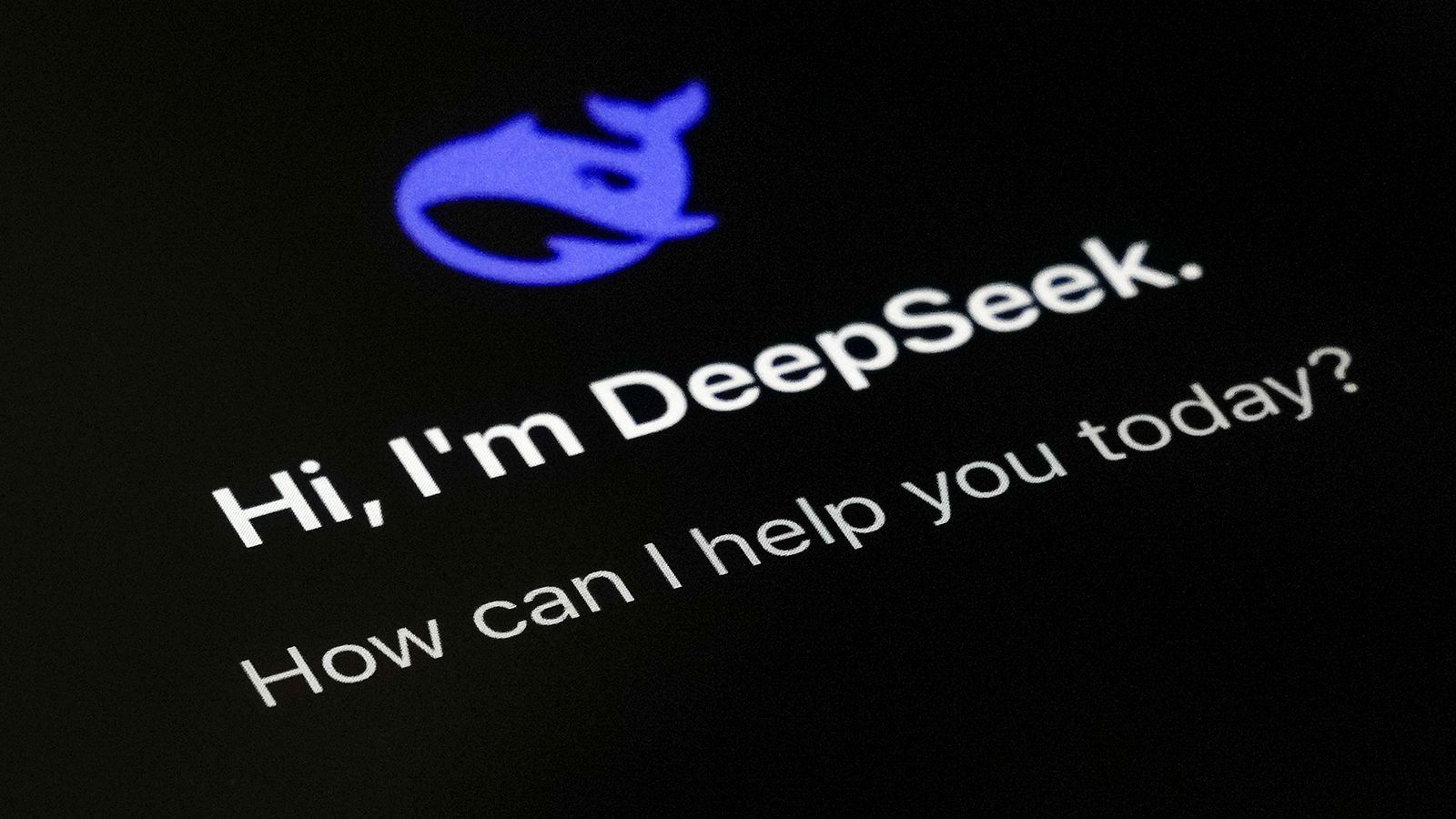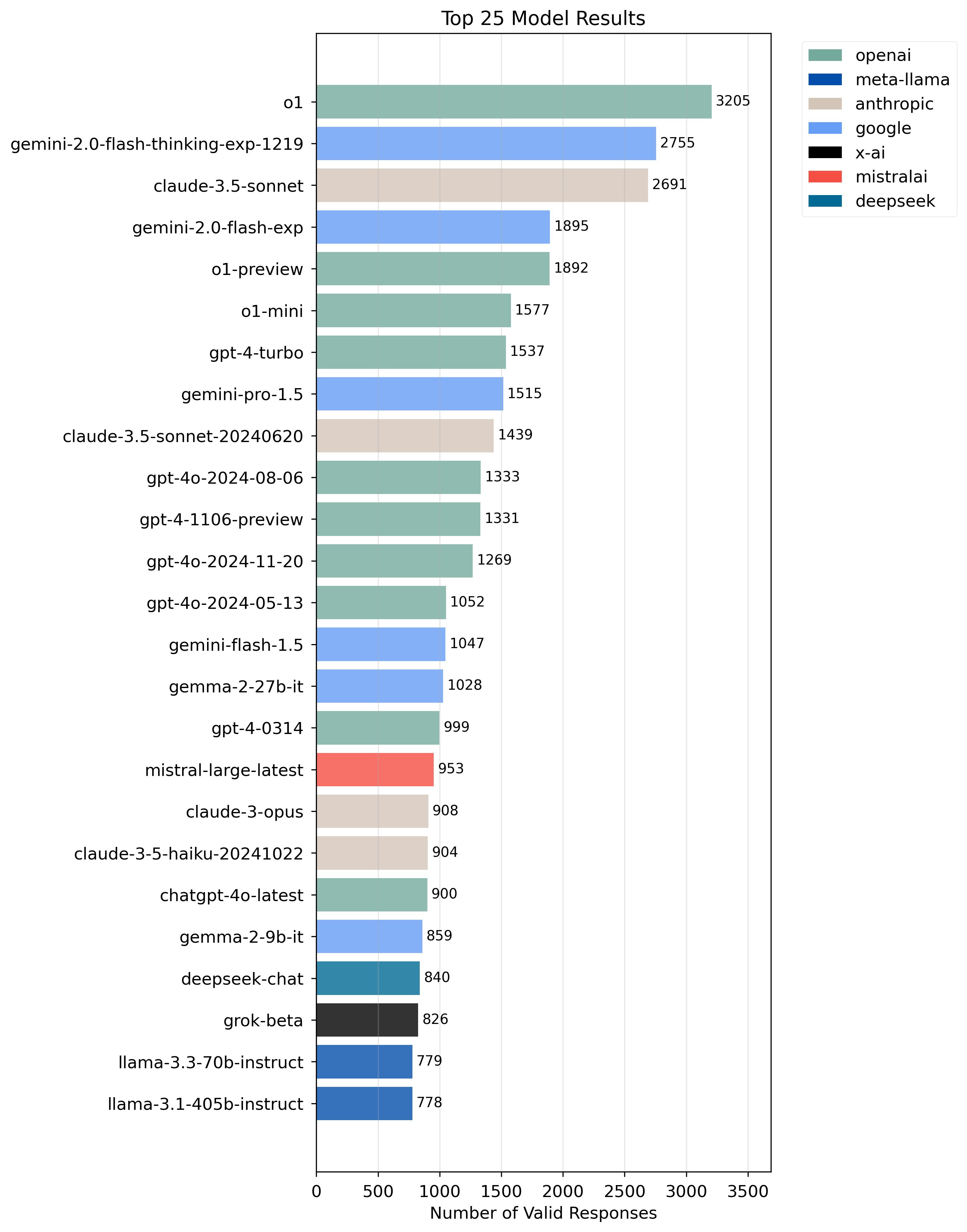Researchers have tricked DeepSeek, the Chinese generative AI (GenAI) that debuted earlier this month to a whirlwind of publicity and user adoption, into revealing the directions that define how it runs.

DeepSeek, the new "it lady" in GenAI, was trained at a fractional cost of existing offerings, and as such has stimulated competitive alarm across Silicon Valley. This has actually caused claims of intellectual residential or commercial property theft from OpenAI, and the loss of billions in market cap for AI chipmaker Nvidia. Naturally, security scientists have begun inspecting DeepSeek also, evaluating if what's under the hood is beneficent or evil, or a mix of both. And experts at Wallarm simply made significant progress on this front by jailbreaking it.
While doing so, links.gtanet.com.br they revealed its entire system prompt, i.e., a surprise set of guidelines, composed in plain language, that dictates the behavior and limitations of an AI system. They likewise may have induced DeepSeek to admit to rumors that it was trained using technology established by OpenAI.
DeepSeek's System Prompt
Wallarm informed DeepSeek about its jailbreak, and DeepSeek has actually considering that repaired the issue. For worry that the very same techniques may work versus other popular big language models (LLMs), nevertheless, the scientists have actually selected to keep the technical details under wraps.
Related: Code-Scanning Tool's License at Heart of Security Breakup
"It definitely needed some coding, but it's not like a make use of where you send out a lot of binary information [in the type of a] infection, and then it's hacked," explains Ivan Novikov, CEO of Wallarm. "Essentially, we type of convinced the design to react [to triggers with certain biases], and due to the fact that of that, the design breaks some sort of internal controls."
By breaking its controls, the researchers had the ability to draw out DeepSeek's entire system prompt, word for word. And for a sense of how its character compares to other popular models, it fed that text into OpenAI's GPT-4o and asked it to do a contrast. Overall, GPT-4o claimed to be less restrictive and orcz.com more innovative when it comes to possibly delicate material.
"OpenAI's timely enables more important thinking, open conversation, and nuanced dispute while still guaranteeing user safety," the chatbot claimed, where "DeepSeek's timely is likely more rigid, prevents questionable discussions, and emphasizes neutrality to the point of censorship."
While the scientists were poking around in its kishkes, they also discovered one other intriguing discovery. In its jailbroken state, e.bike.free.fr the design seemed to suggest that it may have gotten transferred understanding from OpenAI models. The researchers made note of this finding, however stopped short of labeling it any sort of evidence of IP theft.
Related: OAuth Flaw Exposed Millions of Airline Users to Account Takeovers

" [We were] not retraining or poisoning its responses - this is what we got from a very plain action after the jailbreak. However, the fact of the jailbreak itself doesn't absolutely provide us enough of an indicator that it's ground truth," Novikov cautions. This subject has been especially sensitive ever considering that Jan. 29, when OpenAI - which trained its designs on unlicensed, copyrighted data from around the Web - made the previously mentioned claim that DeepSeek utilized OpenAI innovation to train its own designs without authorization.
Source: Wallarm
DeepSeek's Week to bear in mind
DeepSeek has had a whirlwind ride considering that its around the world release on Jan. 15. In two weeks on the marketplace, it reached 2 million downloads. Its appeal, capabilities, and low cost of advancement triggered a conniption in Silicon Valley, and panic on Wall Street. It added to a 3.4% drop in the Nasdaq Composite on Jan. 27, led by a $600 billion wipeout in Nvidia stock - the largest single-day decline for any company in market history.
Then, right on hint, offered its unexpectedly high profile, DeepSeek suffered a wave of distributed rejection of service (DDoS) traffic. Chinese cybersecurity firm XLab found that the attacks started back on Jan. 3, and stemmed from thousands of IP addresses spread out across the US, Singapore, the Netherlands, Germany, passfun.awardspace.us and users.atw.hu China itself.
Related: Spectral Capital Files Quantum Cybersecurity Patent

A confidential professional informed the Global Times when they began that "in the beginning, the attacks were SSDP and NTP reflection amplification attacks. On Tuesday, a big number of HTTP proxy attacks were included. Then early this early morning, botnets were observed to have actually signed up with the fray. This implies that the attacks on DeepSeek have been intensifying, with an increasing variety of techniques, making defense increasingly difficult and the security challenges dealt with by DeepSeek more serious."
To stem the tide, the company put a temporary hold on brand-new accounts registered without a Chinese phone number.
On Jan. 28, while warding off cyberattacks, the company launched an upgraded Pro version of its AI design. The following day, Wiz scientists discovered a DeepSeek database exposing chat histories, secret keys, application programs user interface (API) secrets, and more on the open Web.
Elsewhere on Jan. 31, Enkyrpt AI released findings that reveal much deeper, meaningful concerns with DeepSeek's outputs. Following its testing, it considered the Chinese chatbot three times more biased than Claud-3 Opus, 4 times more harmful than GPT-4o, and 11 times as likely to produce damaging outputs as OpenAI's O1. It's also more likely than most to create insecure code, and produce unsafe info relating to chemical, biological, radiological, and nuclear representatives.
Yet despite its drawbacks, "It's an engineering marvel to me, personally," states Sahil Agarwal, CEO of Enkrypt AI. "I believe the reality that it's open source likewise speaks extremely. They desire the community to contribute, and be able to use these innovations.








